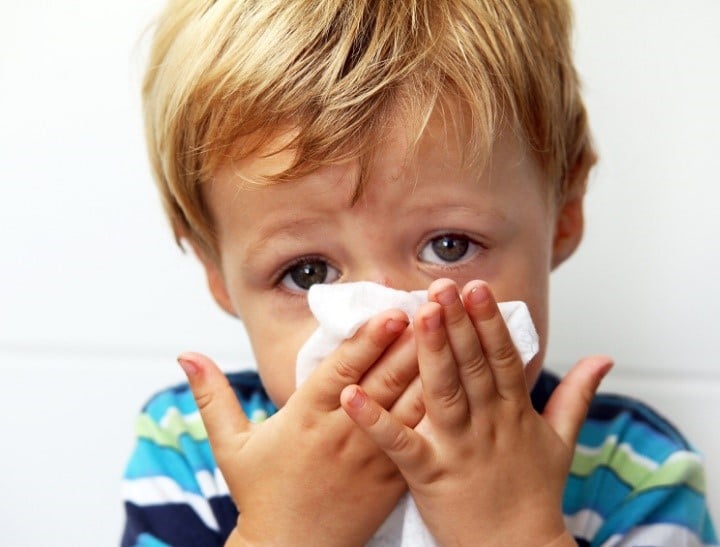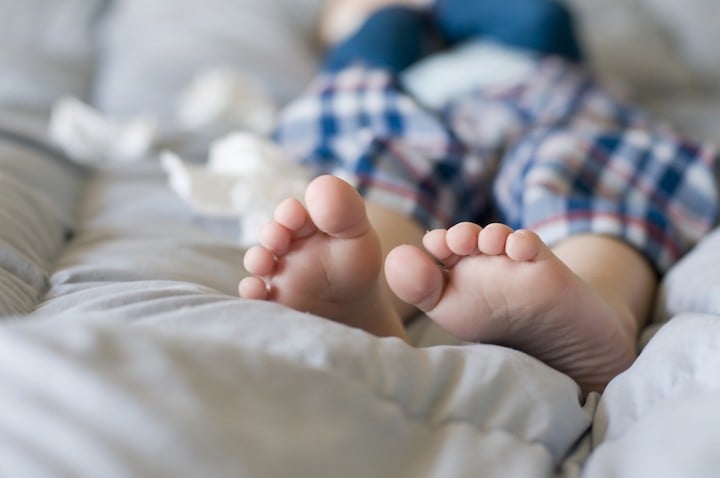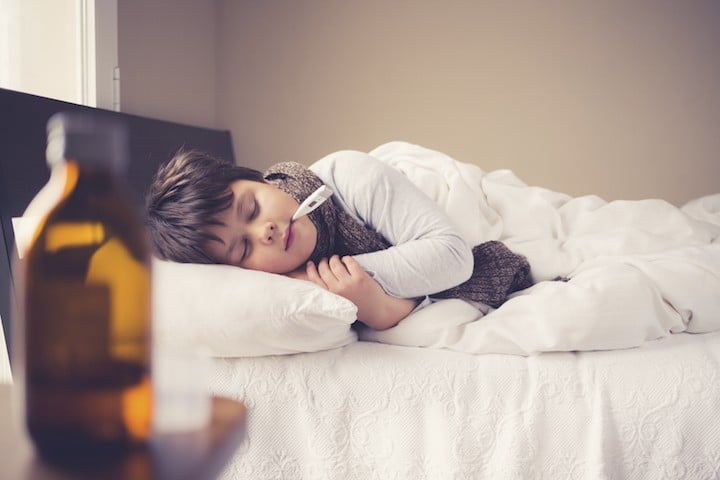

It’s cold and flu season – so here’s everything you need to know.
It usually starts with a sneeze. You hear it, and get that sinking feeling. Not another cold or flu…
It’s tempting to grab your sick kid and take them off to the GP for some antibiotics – because you don’t want to put the whole family through another bout of illness, and honestly, you just can’t afford to take more time off work.
But stop. If it’s a cold or flu, antibiotics aren’t going to do any good. Colds and flu are caused by viruses, and antibiotics only work on infections caused by bacteria. And in fact, giving kids antibiotics when they don’t really need them can be bad for them.
“A course of antibiotics won’t help children get over a cold or flu faster, won’t stop the infection from getting worse, and won’t prevent it from being passed onto other people,” explains Dr Jeannie Yoo.




Top Comments
I love my GP, he will only prescribe antibiotics when they are necessary. I can probably count on 1 hand how many times all 4 of my children have required antibiotics.
If your doctor is willing to prescribe antibiotics to you for a virus like a cold or the flu, then you need a new doctor. No doctor I've ever been to has ever given me a prescription for a virus. I get a lot of throat infections and I have only ever been given antibiotics when they were bacterial. If they're viral, I get sent home with instructions to keep my fluids up and gargle with salt water.